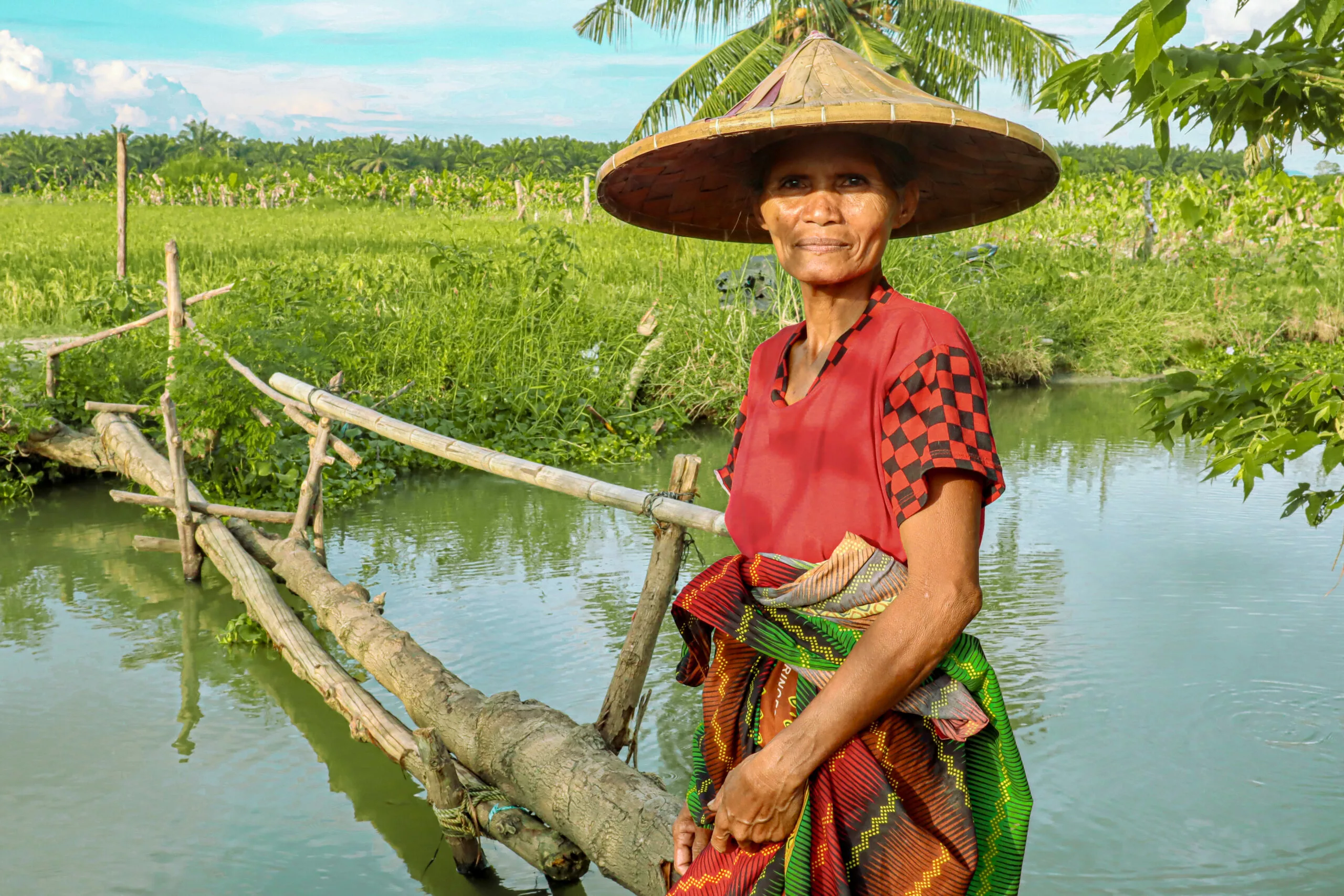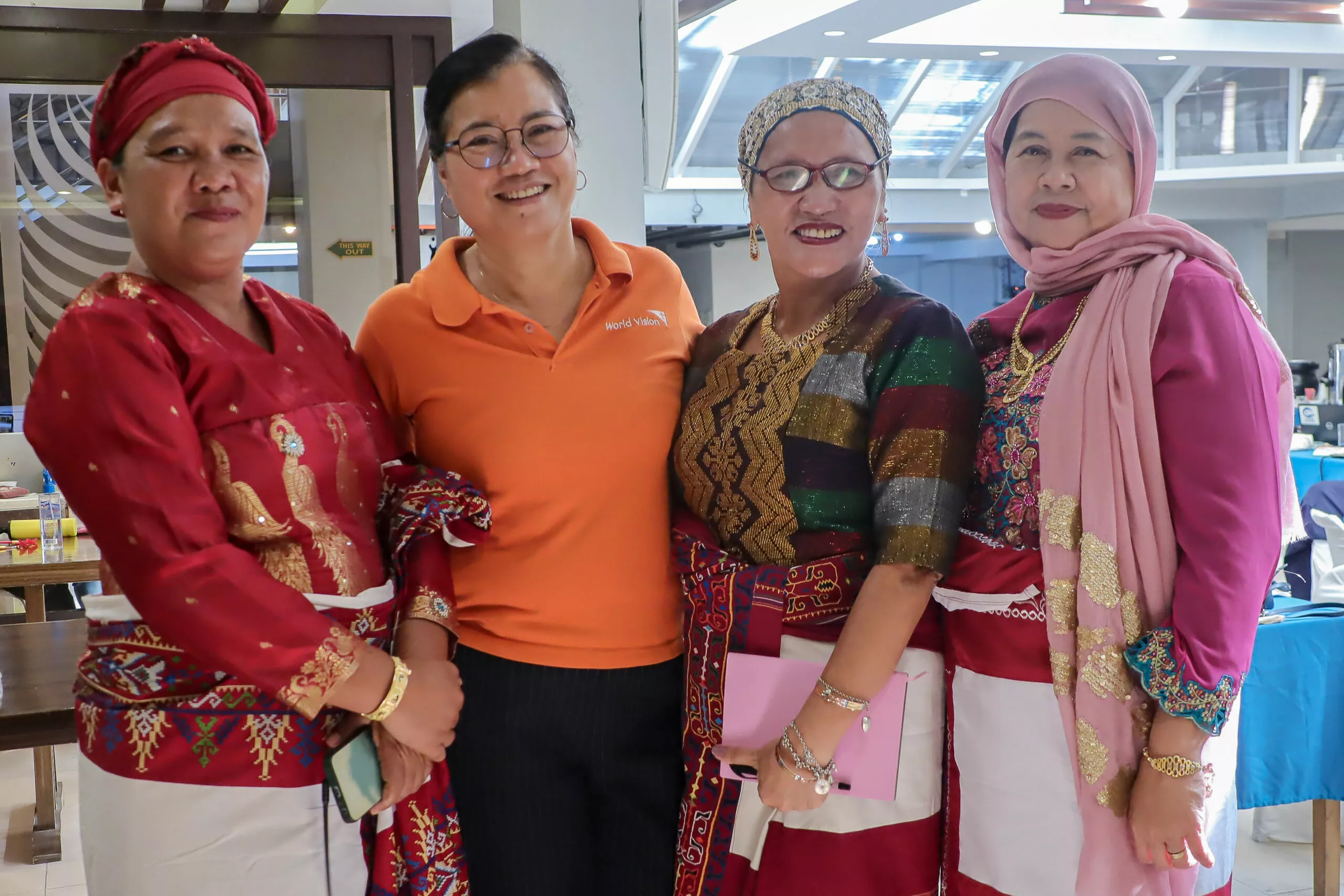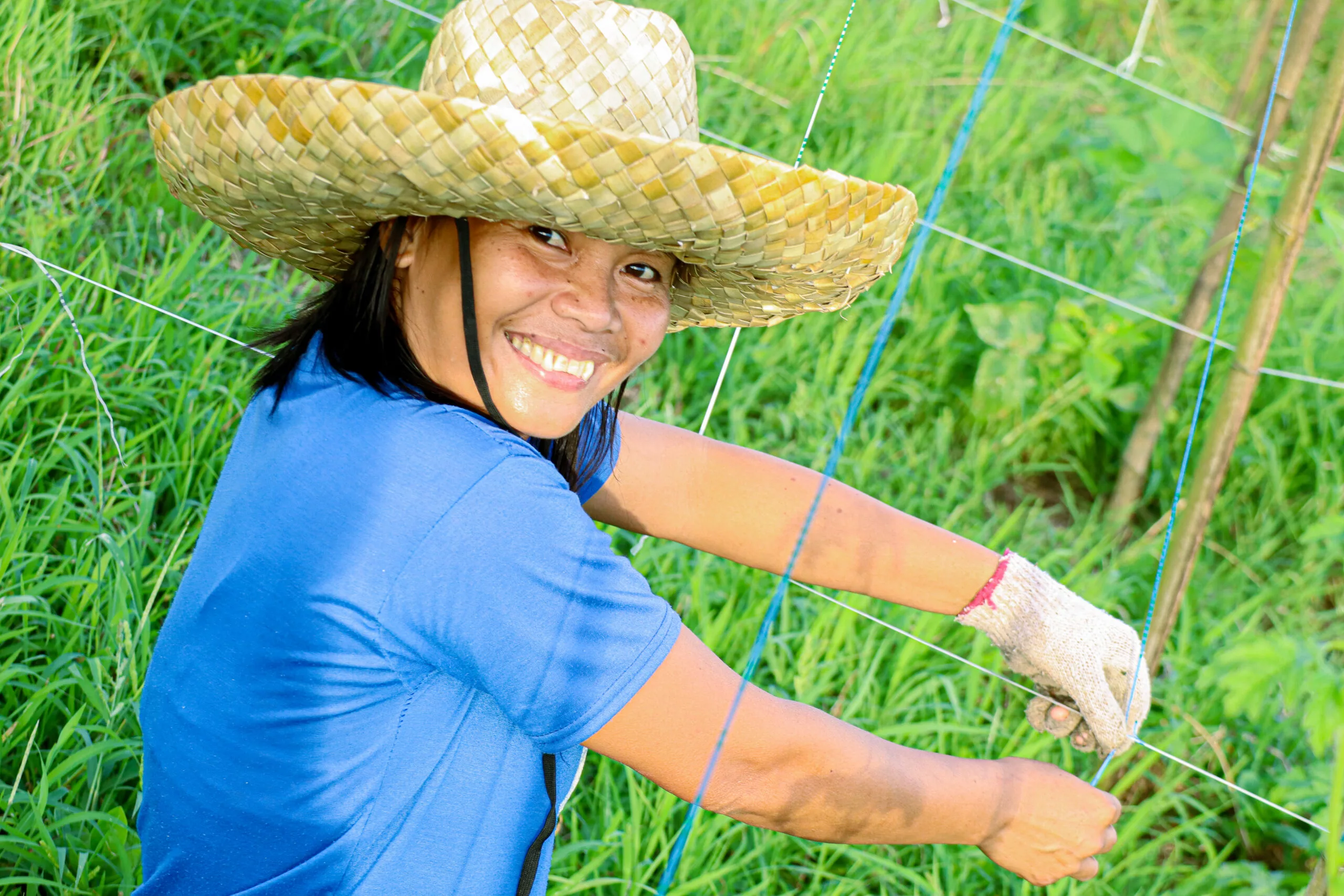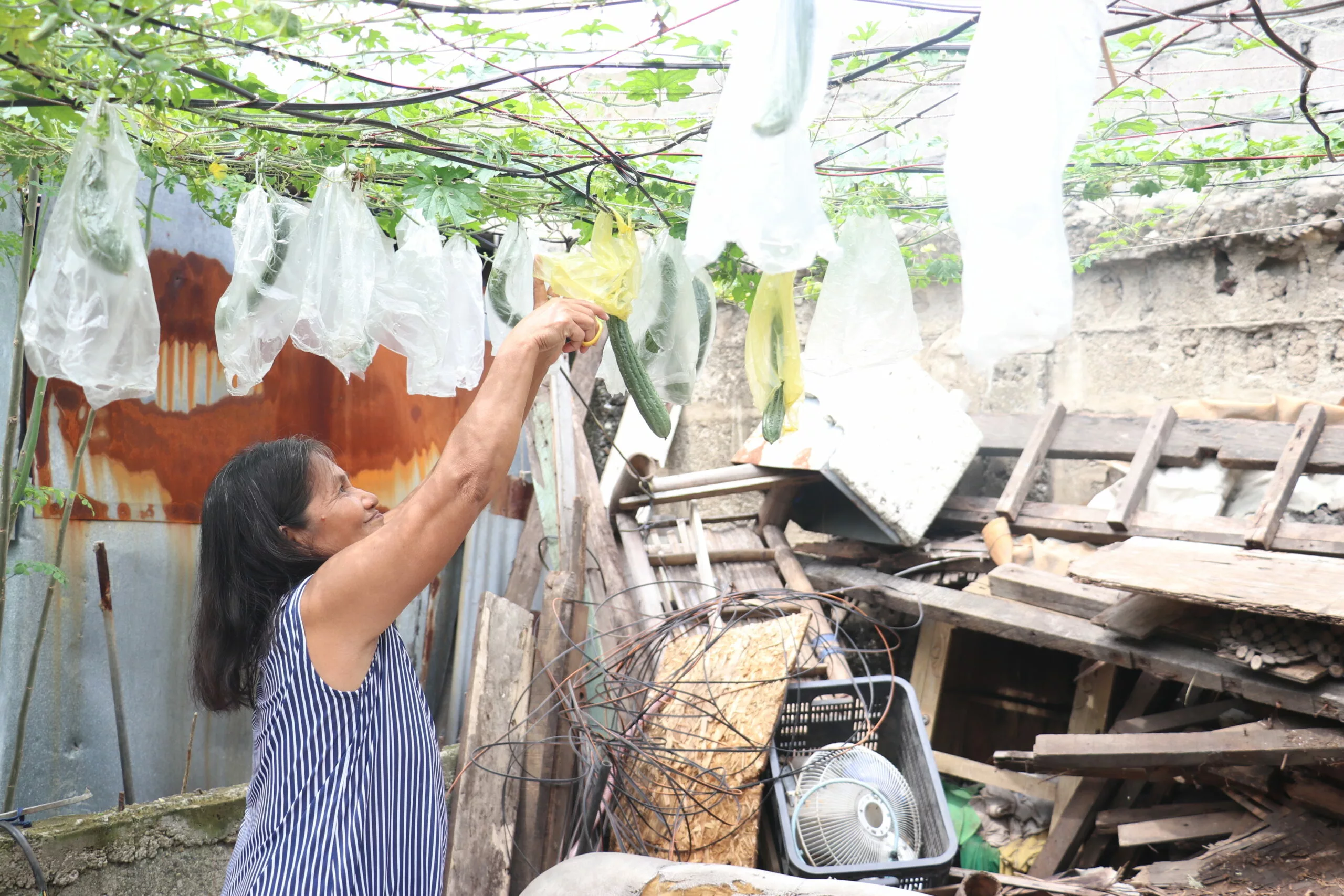Sustainable livelihood programs enable families to thrive
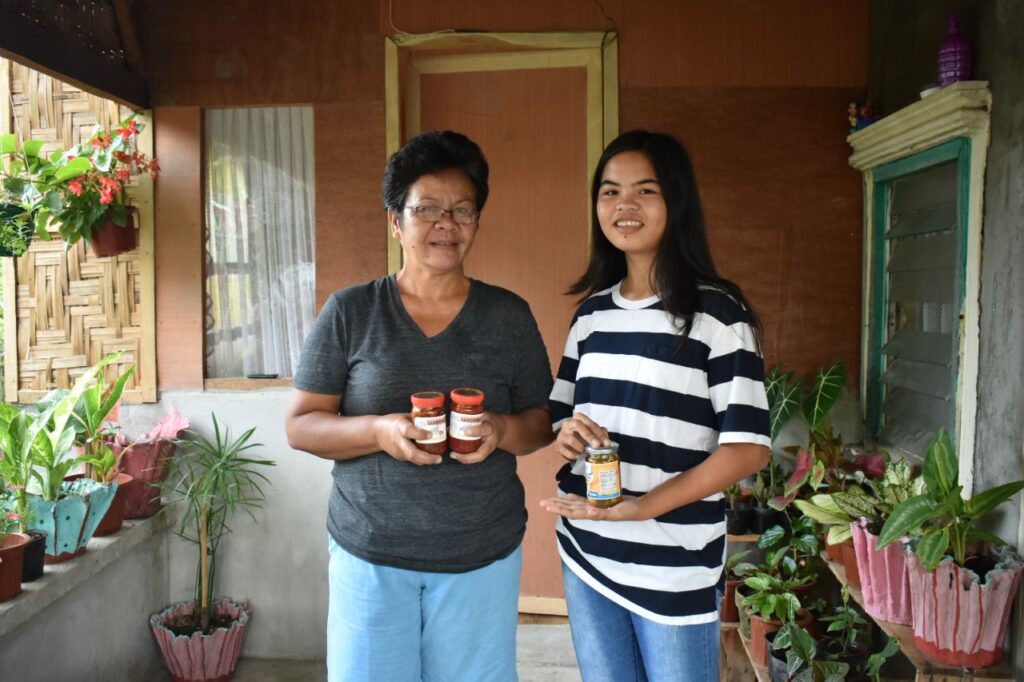
Sponsored child Karisha, 15, is grateful for how World Vision has helped empower her mother to provide for their family.
“I’m thankful that my mother earns income from making sardines. My father, who used to provide for our needs, especially in school, is no longer with us. We only have our mother,” she shares.
58-year old Elvie, Karisha’s mom, started doing odd jobs since her husband died from cardiac arrest in 2015. A year later, World Vision, in partnership with various government agencies and institutions like the Bureau of Fisheries and Aquatic Resources, Department of Science and Technology, Department of Agriculture, Xavier University and the University of Science and Technology of Southern Philippines (USTP), came together to help provide an alternative source of income for the people in Alubijid town, Misamis Oriental. Elvie was trained on food processing, particularly sardines production.
Armed with the knowledge and the start-up kit provided by World Vision, Elvie’s group started producing sardines by 2017. The local government also noticed the group’s potential and provided a building space where they can do their work.
Today, Elvie and her group are consistently producing sardines, selling each bottle for P80 (USD0.65).
“We earn daily income by helping in the food processing. When the sardines are sold, a portion of the money is set aside for the materials that we would need for the next production, and the rest of the profit is divided among group members,” Elvie shares. Her income is used to buy rice and other needs of her family.
“World Vision believes that to ensure the well-being of children, they must have an enabling environment. Through our child sponsorship program, we seek to address root causes of children’s vulnerability, empowering their families to break free from poverty,. Engaging them in economic development activities is one,” shares World Vision’s Program Manager in Misamis Oriental.
There’s work amid COVID-19
Elvie sees this learned skill as a blessing, especially now that the country is in the midst of COVID-19 pandemic.
“For some time, the pandemic has affected our production, but we did not fully stop our operation. We were still earning income,” she shares.
World Vision’s assessment report shows that at least 71% of the population’s livelihoods were affected during the pandemic. This resulted to 34% decrease in the average food expenses of families while on quarantine period. The Food and Nutrition Research Institute (FNRI) said that a family of 6 needs at least Php 2,200.80 each week to meet food needs.
“I am happy that my mother is able to meet our needs, especially foods and my needs in school, but, I am happier that she no longer have to worry everyday, thinking of what job to do next just to earn income,” says Karisha.
Karisha also trusts that her mother’s sardines production group will continue to prosper.
Meanwhile, Elvie is confident that even after World Vision transitions, their hard work, the sustainability mechanism established by the organization and its partners, including the community members, will help them to continue thriving.



